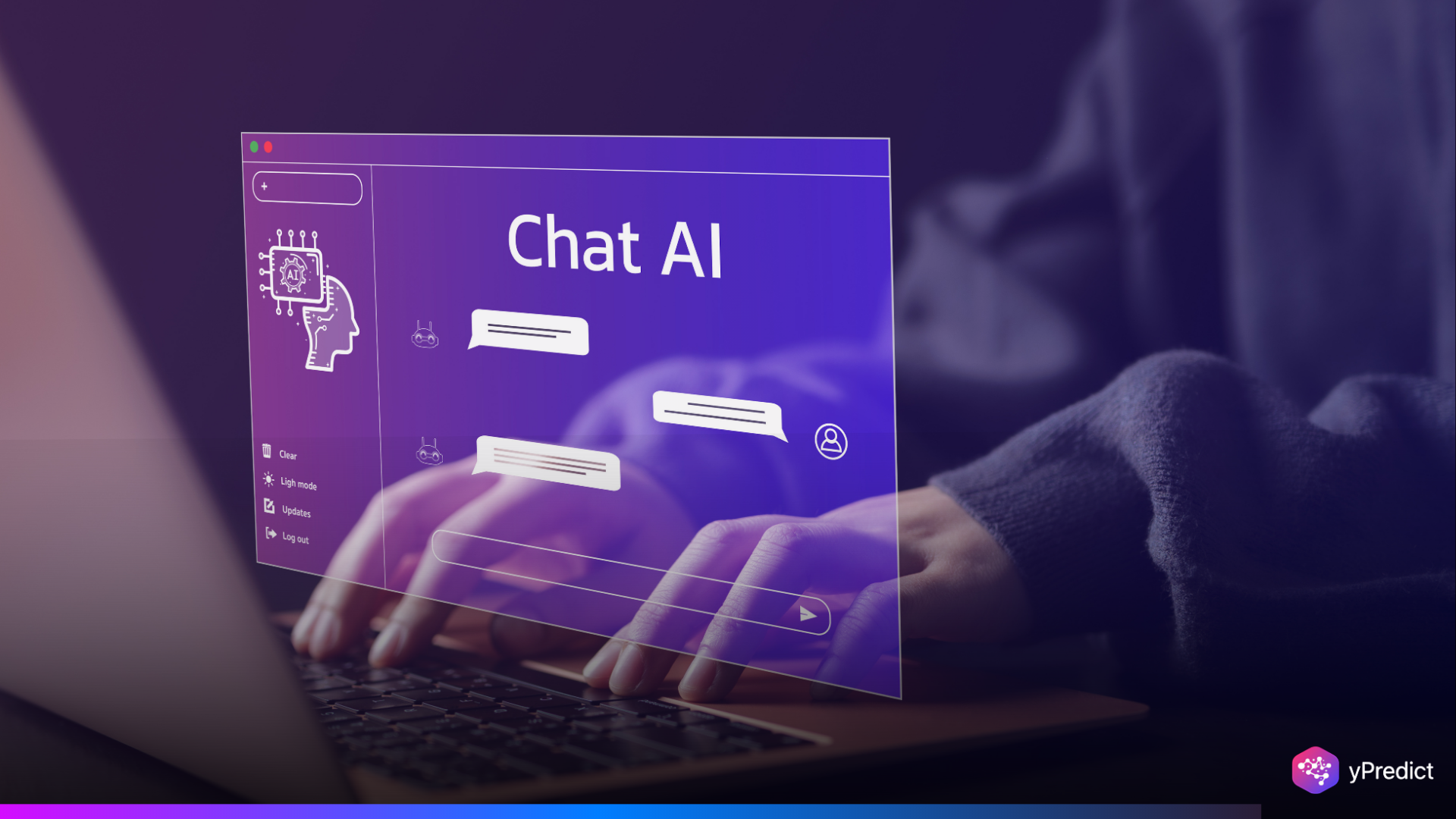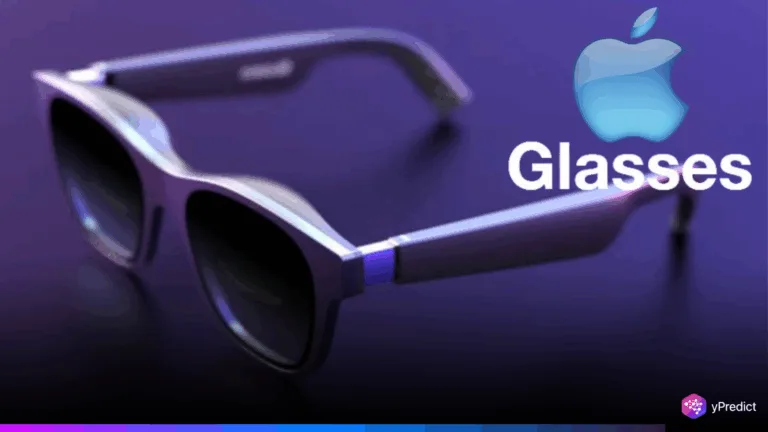
OpenAI has released a cheaper and simpler version of their Deep Research tool directly within ChatGPT, expanding access to advanced web-based research features. Initially available to ChatGPT Plus, Team, and Pro members, this functionality is likely to be expanded to Enterprise clients, academic institutions, and even free-tier users soon.
This decision underlines OpenAI’s continuous commitment to making cutting-edge AI resources more accessible, allowing a wide spectrum of users to perform comprehensive, multi-source research more easily and effectively.
Making Advanced AI Research More Accessible
OpenAI has launched a lightweight version of their ChatGPT Deep Research application in a bid to increase access and affordability to sophisticated AI research capabilities. Developed on the newly engineered o4-mini architecture, a more efficient version of the GPT-4 framework, the compact model delivers concise yet informative responses while significantly reducing processing requirements.
As OpenAI describes, this innovation is meant to deliver more reliable, multi-step research outputs, enabling users to make high-volume web-based synthesis without significant delay. The update also eases many of the prior limitations regarding usage caps, particularly for users on baseline and mid-tier plans.
The rollout will start on April 24, 2025, for ChatGPT Plus, Team, and Pro members first, and then free members and enterprise or educational accounts. The lightweight option will permit free-tier users to start a maximum of five research sessions every month, and paying users will witness a drastic increase in their monthly allowance.
In an X post from their official account, OpenAI described how the responses from the lightweight model will be shorter in length but will still have the depth and accuracy that customers have grown accustomed to. The post read,
“We’ve noticed many of you love using deep research, so we’re expanding usage for Plus, Team, and Pro users by introducing a lightweight version of deep research in order to increase the current rate limits. We’re also rolling out the lightweight version to Free users… Responses will typically be shorter while maintaining the depth and quality you’ve come to expect. Once limits for the original version of deep research are reached, queries automatically default to the lightweight version. All Plus, Team, and Pro users now have expanded usage of deep research.”
OpenAI explained on social media that “many of you love using deep research,” prompting it to add the new version across plans to boost overall usage limits. In effect, the change lets students, analysts, and casual users tap AI-powered, citation-backed answers at a fraction of the cost. This strategic decision aligns with OpenAI’s overall goal of democratizing access to advanced research tools. By lowering operational expenses and increasing availability, the upgrade enables a larger audience to benefit from AI-assisted, citation-supported insights without the hefty price tag.
Conclusion
With this initiative, OpenAI demonstrates its long-term commitment to a more egalitarian digital economy. By detaching high-level research tools from pricey subscription structures, the company enables millions of users globally to gain access to scalable, dependable real-time information generation.
By reducing expenses and expanding access, OpenAI is viewed as solidifying ChatGPT’s position in this competitive market. Industry insiders say the move “significantly lowers the barrier to entry for research,” allowing more people to employ AI for advanced data gathering. In essence, as AI innovation continues to accelerate, tools like this lightweight Deep Research will undoubtedly change how individuals and businesses obtain, interpret, and act on knowledge in the coming years.





